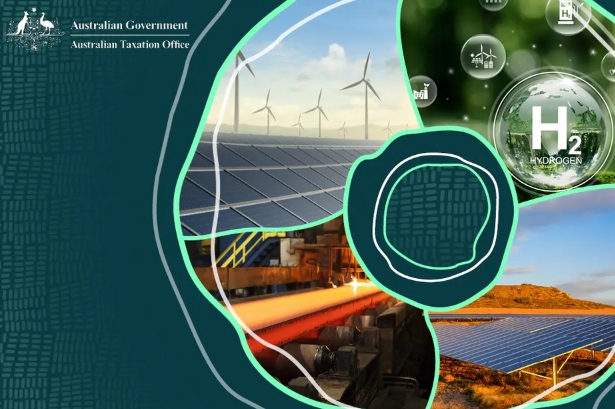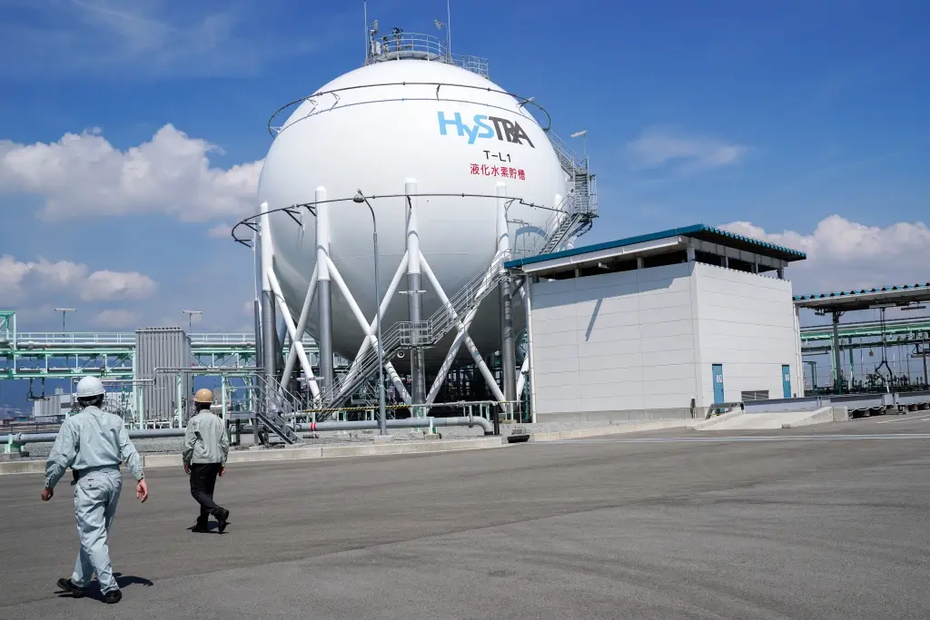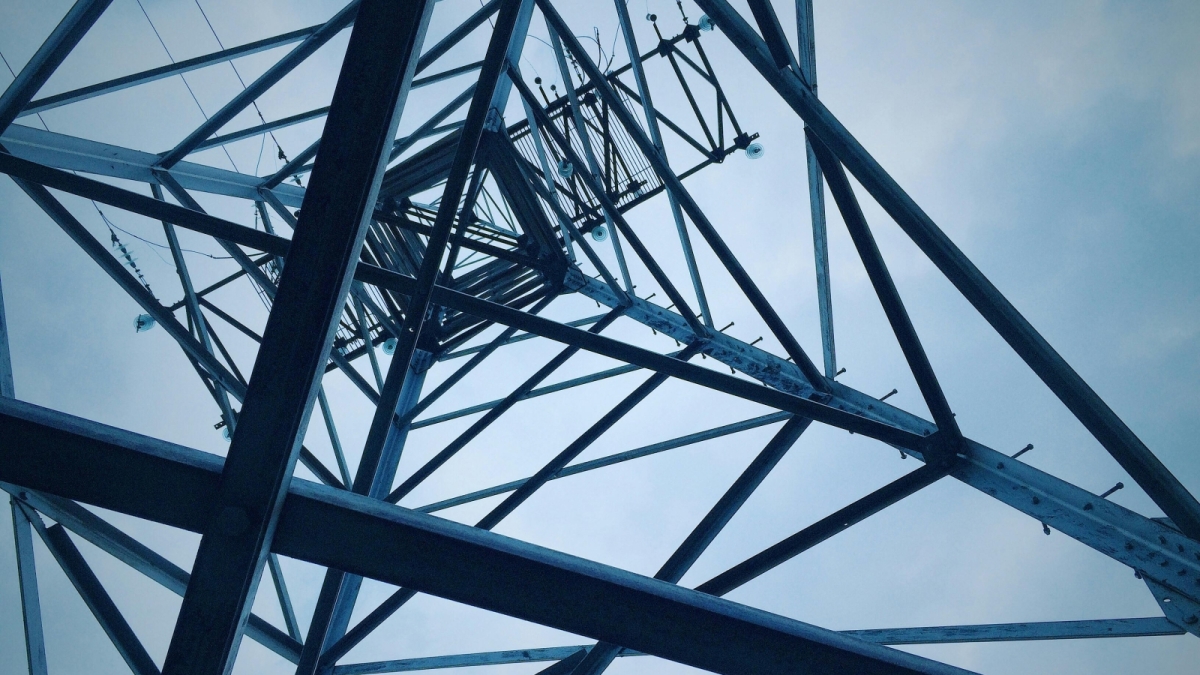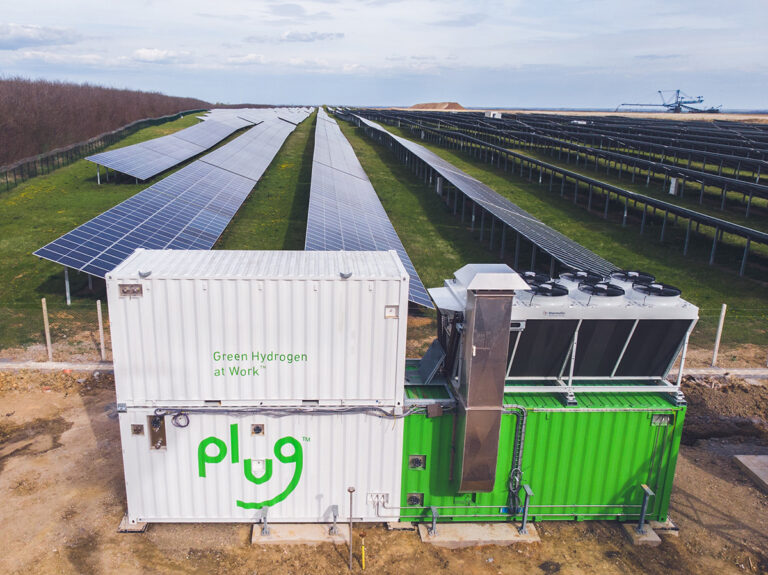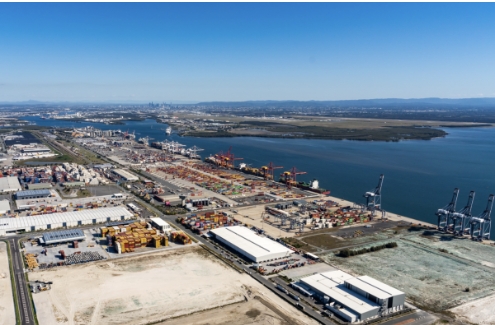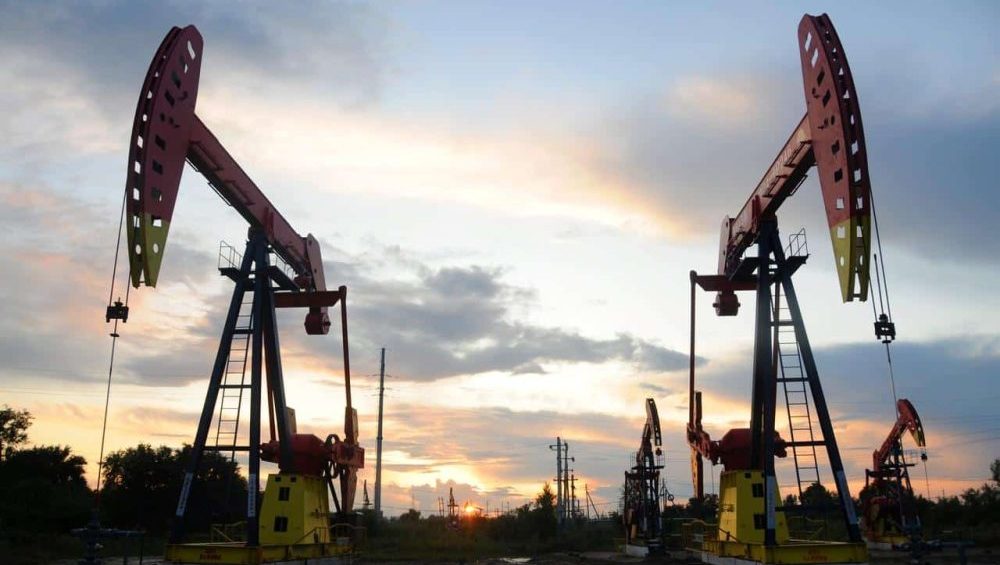
Officials revealed that 56 drilling operations were conducted for oil and gas exploration during the last three years, costing a total of Rs. 430 billion. The country is currently producing 7,696 barrels of crude oil per day, while daily gas production stands at 260.77 MMCFD (million cubic feet per day).
During the meeting, committee member Qurat-ul-Ain Marri questioned why gas is being imported when domestic gas is significantly cheaper. Officials explained that imported gas costs 10 times more than locally produced gas.
Officials also highlighted that there is no infrastructure in the country to store underground gas, which limits options for managing supply. Marri further inquired whether importing gas is more cost-effective than developing underground storage facilities.
The Secretary of Petroleum responded, stating that Pakistan is bound by international agreements for gas imports. These agreements require the country to purchase gas, even if domestic production is available.
The Secretary added that local gas production is sometimes reduced to prevent pipeline explosions due to overpressure. He also explained that if imported gas is not injected into the pipeline system, cargo ships carrying LNG (liquefied natural gas) would remain idle at sea, incurring additional costs.
Chairman Senator Umar Farooq raised concerns about the ongoing gas shortages in Karachi and other cities, asking for solutions to address the issue. Senator Mohsin Aziz questioned whether the agreements with Qatar allow flexibility in not purchasing gas. Officials from the Petroleum Division clarified that Pakistan has several government-to-government (G2G) agreements for gas imports, some of which extend until 2030. Under these agreements, the country is obligated to purchase gas to meet the power sector’s requirements, even if domestic gas is available.
The Chairman expressed frustration, stating, “We have gas in the country, and we are purchasing it, yet it is not reaching the public.” Officials claimed that gas is supplied according to demand from 5 a.m. to 11 p.m., but committee member Qurat-ul-Ain Marri questioned why gas is not supplied during the remaining 12 hours. Officials explained that consumer demand during those hours is low, and keeping gas in the pipelines for 24 hours increases the risk of pipeline explosions.
The meeting concluded with calls for better management of gas resources and solutions to address the ongoing shortages affecting citizens across the country.
